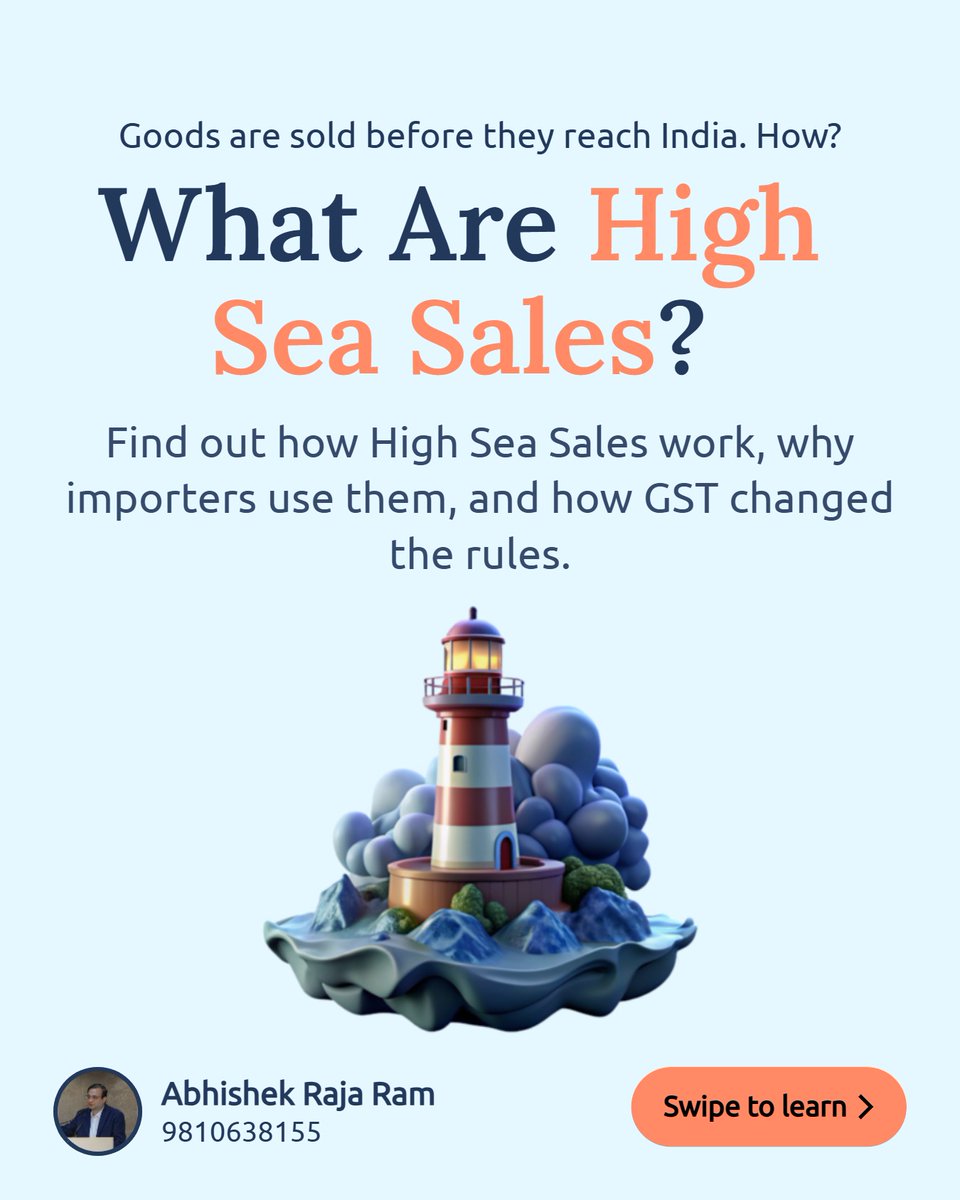The time limitation does not apply when Article 265 is in effect ~ Abhishek Raja Ram; 9810638155
Andhra Pradesh High Court has held that the Time Limitation is not applicable to the refund of GST wrongly collected on exempt residential rent. Exempt renting of residential dwellings could not be taxed and collection without authority would offend Article 265. Amounts so collected were not tax under GST enactments and refund limitation for tax claims did not apply. ARR
Andhra Pradesh High Court has held that the Time Limitation is not applicable to the refund of GST wrongly collected on exempt residential rent. Exempt renting of residential dwellings could not be taxed and collection without authority would offend Article 265. Amounts so collected were not tax under GST enactments and refund limitation for tax claims did not apply. ARR

Nspira Management Services Pvt. Ltd. vs Assistant/ Deputy Commissioner of Central Tax
[Writ Petition Nos. 18287; 26-Sep-2025 :: (2025) 35 CENTAX 239]
Article 265: No tax shall be levied or collected except by authority of law. In other words, any imposition of tax must have a clear Constitutional or statutory backing. ARR
[Writ Petition Nos. 18287; 26-Sep-2025 :: (2025) 35 CENTAX 239]
Article 265: No tax shall be levied or collected except by authority of law. In other words, any imposition of tax must have a clear Constitutional or statutory backing. ARR
Nine (9) A nine-member bench of the Supreme Court has held that 'Law' means valid Law. Tax Levied or Collected contrary to Law required to be refunded. Mafatlal Industries Ltd. vs Union of India [(1996) 5 SCC 536 :: (1998) 111 STC 467]
#ARR
#ARR
In the case of Mohit Minerals, the Gujarat High Court declared Notification No. 8/2017-I.T. (Rate) and Entry No. 10 of Notification No. 10/2017-I.T. (Rate) unconstitutional. Taxpayer's Refund application (Sec. 54) was rejected it being time barred.
The Court held that Section 54 of the CGST Act, 2017 was not applicable, as it applies only to the refund of tax paid under the CGST Act and/or the GGST Act. Also, IGST was collected by Revenue without authority of law, and could not be considered as tax. Section 17 of the Limitation Act, 1963 was applicable to the refund of the amount paid to Revenue under a mistake of law. ARR
Comsol Energy Pvt. Ltd. vs State of Gujarat
[R/Special Civil Application No. 11905 of 2020; 21-Dec-2020 :: (2021) 55 GSTL 390]
This Gujarat High Court judgment was followed by the Rajasthan High Court in the case of Shree Mahesh Oil Products vs Union of India [TS-336-HC(RAJ)-2021-GST]
The Court held that Section 54 of the CGST Act, 2017 was not applicable, as it applies only to the refund of tax paid under the CGST Act and/or the GGST Act. Also, IGST was collected by Revenue without authority of law, and could not be considered as tax. Section 17 of the Limitation Act, 1963 was applicable to the refund of the amount paid to Revenue under a mistake of law. ARR
Comsol Energy Pvt. Ltd. vs State of Gujarat
[R/Special Civil Application No. 11905 of 2020; 21-Dec-2020 :: (2021) 55 GSTL 390]
This Gujarat High Court judgment was followed by the Rajasthan High Court in the case of Shree Mahesh Oil Products vs Union of India [TS-336-HC(RAJ)-2021-GST]
Andhra Pradesh High Court has held that, where the Supreme Court held that the levy of GST on ocean freight charges was invalid, the question of applying any period of limitation set out in any provision of the CGST Act for the refund of money paid in discharge of such invalid tax liability could not be applied. Louis Dreyfus Company Pvt. Ltd. vs Union of India [Writ Petition Nos. 17220/2024; 14-Aug-2025 :: (2025) 33 CENTAX 418]
Thanks & Regards
Abhishek Raja Ram
9810638155
Thanks & Regards
Abhishek Raja Ram
9810638155
• • •
Missing some Tweet in this thread? You can try to
force a refresh












